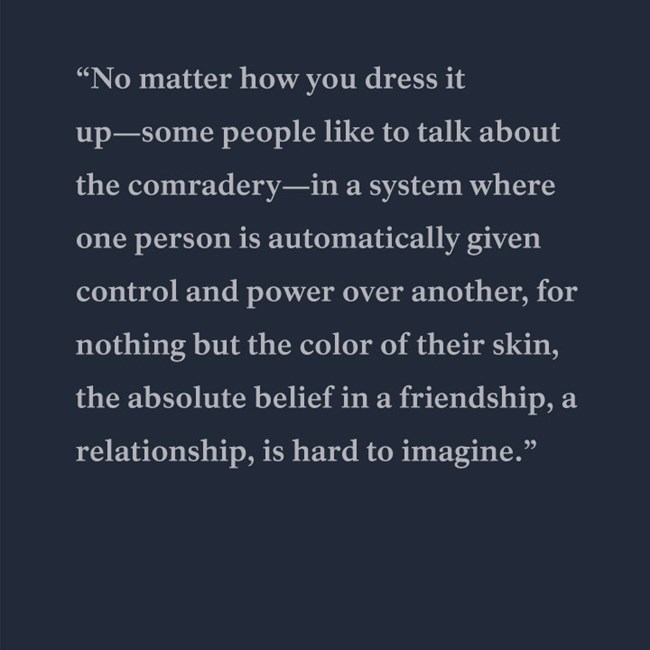Part of a series of articles titled Telling York's Story .
Article
York’s Early Life: Before the Lewis and Clark Expedition
To learn more about York vist Lewis and Clark National Historic Trail's People page.
York’s parents, known as Old York and Rose were enslaved by John Clark. York, who was about the same age as John Clark’s son William, became a body servant to young William.
“York was connected to Clark from very early on in his life,” says Hasan Davis, who has been researching and portraying York for more than two decades. “York was going to be William’s first slave, his gift as a young man, his companion."
York and Clark grew up together, the enslaved and the enslaver, and formed a close and complicated bond.
“What that looks like—from accounts of enslaved hand servants, personal valet slaves at that time—was that York would have been acculturated with Clark, so much so that York would be able to be in alignment with Clark as far as how they feel and how they experience the world,” says Davis.
Growing up enslaved by the Clarks, York accompanied William Clark nearly everywhere and gained skills on the frontier at his side. York would eventually use these skills when he went West with the Lewis and Clark Expedition.
“When Lewis and Clark had their list of the qualities they needed, York would have nearly checked all of those off,” says Davis. “He was a trained frontiersman because he grew up with a family that was on the frontier. He understood how to navigate the rivers because that was a thing that they did. Clark talks about York in his letters, saying he was setting the boat up the river and doing his work. So York was important to Clark because he was the holder of Clark’s memory and work on a daily basis. I think as they grew up, that would have been a very powerful part of what made York useful to Clark.”
When Clark was called by Meriwether Lewis to co-lead the Corps of Discovery west to the Pacific Ocean, Clark was in his early thirties. Davis imagines the decision to bring York was an easy one. Not only did York possess useful skills, a large build, and strength, he was also a constant in Clark’s life that he could bring with him on the journey into the unfamiliar.

“On the expedition into the unknown, there are a lot of things that you can’t account for, and if something went wrong and there was a mutiny, Clark wanted to have the biggest, strongest guy behind him, without any question that he would be there to back him up,” Davis says. “Clark knew that he always had someone with him who was always going to be his protector, his provider, his support system. If all things in the world failed Clark, I believe, could believe and imagine that York was going to be the most constant thing in his life.”
Here Davis notes that while we celebrate York’s skills and character, we must remember participation was never York’s choice and his personal will was never considered. For example, Lewis and Clark did not recruit expedition members who were married, for fear that if the expedition met an ill fate their wives would be left without husbands, or perhaps worry for their families would inhibit expedition members’ will to proceed in the face of danger. York and his family were afforded no such consideration. York was a married man when the expedition headed West in 1803, but his attachments held no value in the system of chattel slavery.
“So that’s where it kind of starts to break apart,” says Davis, “this idea that York was seen like the others, because he wasn’t. He was seen as something useful to William Clark.”
York’s value to Clark and the expedition, according to Davis, can never be untangled from the system of slavery and the fact that Clark considered York to be his property.
“No matter how you dress it up—some people like to talk about the comradery—no matter how you dress that up, in a system where one person is automatically given control and power over another, for nothing but the color of their skin, the absolute belief in a friendship, a relationship, is hard to imagine. One, because power dynamics don’t allow that. It might look a lot like friendship, but there’s still someone who gets to decide when the other goes home, or goes to the bathroom, or falls in love, or gets married, or decides to say they want to do something else with their life.”
Continue reading
Read the next article in this series.
How did traveling West with the Lewis and Clark Expedition change York?
Last updated: March 12, 2025
